After the devastating and deadly collapse of the Champlain Towers condo in Surfside, Florida, high-rise dwellers throughout the country are wondering how their cities’ building and inspection codes will prevent such a tragedy where they live. WTTW News compiles the reactions of several Chicago industry professionals in a recent report.
According to the report, the Chicago Department of Buildings says there are still too many unknowns to comment directly on the Surfside collapse, but that Chicago has strong building codes for its broad shoulders. “All plans for high-rise development undergo multiple reviews from all relevant disciplines—especially structural—to help ensure long-term safety,” the department says in a statement. “As further protection, owners must obtain a certificate of occupancy, which has its own set of requirements, prior to allowing any occupants in the building.”
Derek Boeldt, president of the Structural Engineers Association of Illinois, says that a collapse like Surfside is “really such an extremely rare event that the number of variables involved that would have to go wrong for something like that to happen is almost unthinkable.”
Kris Kasten suggests that the focus should be on Surfside and the people directly impacted by the tragedy, but says he “can certainly understand where associations, unit owners, boards across the nation are going to wonder … could it happen within my association? I think those questions are good to raise and have a conversation about—and not start jumping to conclusions.”
Evan McKenzie, a law school instructor and head of the political science department at the University of Illinois at Chicago, as well as the author of two books on condo and HOA governance, says more oversight and regulations might be necessary. “Condo owners and their directors control their own assessment levels. There is insufficient regulation of what they do to make sure they have enough set aside,” he says, warning that condos with insufficient money in reserve are likely to defer important building maintenance.
Kasten points out that "State law requires associations to maintain reasonable reserves, but what constitutes reasonable reserves is not expressly defined … (it) sets forth various factors for the board to consider when determining what constitutes reasonable reserves for their particular associations.”
McKenzie laments that “Here in Chicago, there have been hundreds of condo associations that have become insolvent for one reason or another and have been taken over and put in receivership by the courts and turned into apartment buildings.” Additional government action at the state and federal level—such as more financial transparency for prospective buyers and regulations on reserves to fund building upkeep and ensure condo associations are well-run—might curb this outcome.
Boeldt emphasizes that while Chicago structures certainly withstand their share of extreme weather, the external conditions that might have played into the Champlain Towers collapse—saltwater intrusion, tropical storms and hurricanes—are not a factor here. But whatever the conditions are, proper and prompt maintenance is key. “The majority of the issues that arise come from … the outside elements: the wind and the snow and the freeze-thaw cycles and the salt spray,” he says. “With any maintenance, even like a single-family home, the sooner you fix those little issues as they arise, the easier it is to pay for that. … The longer you wait, the more significant it gets (and) the more costly it gets."



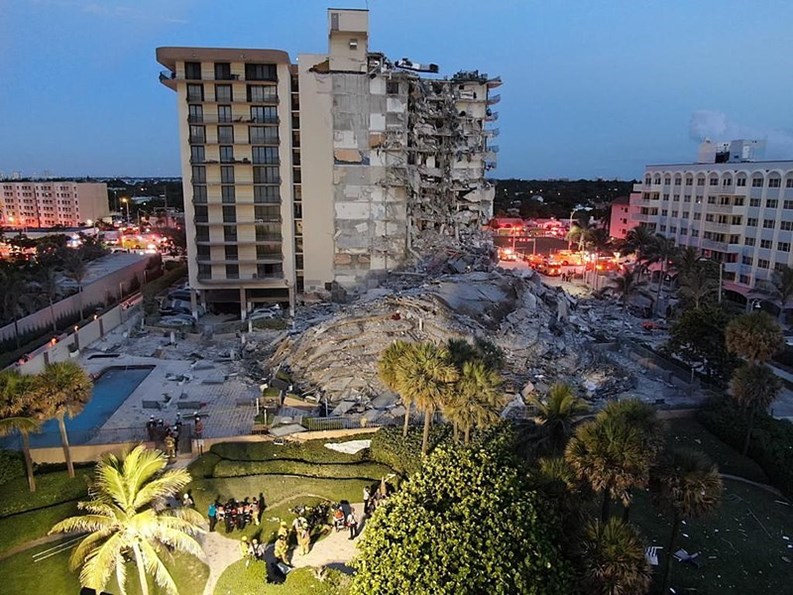
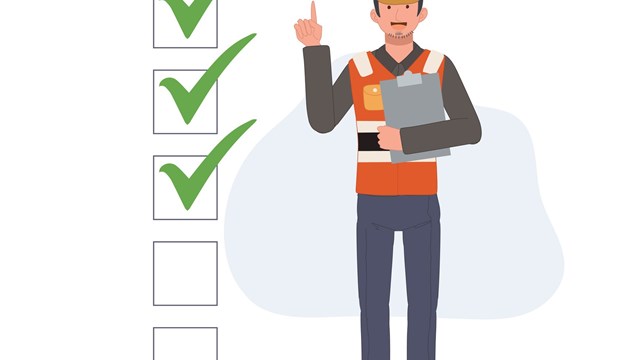

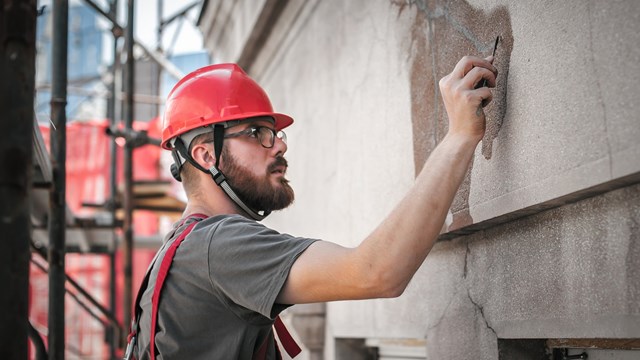
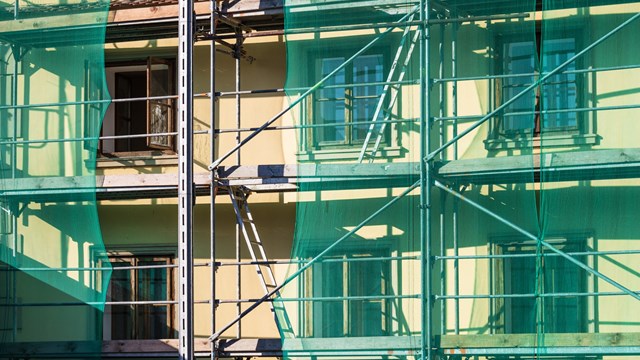
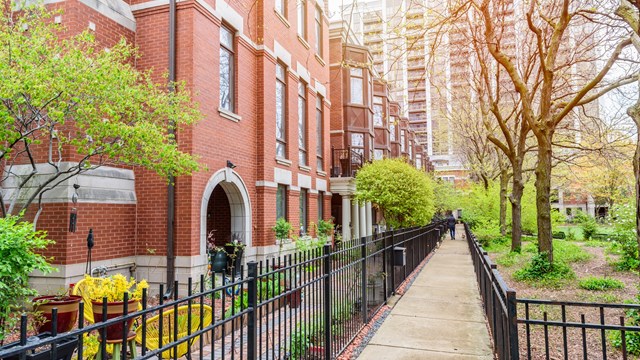
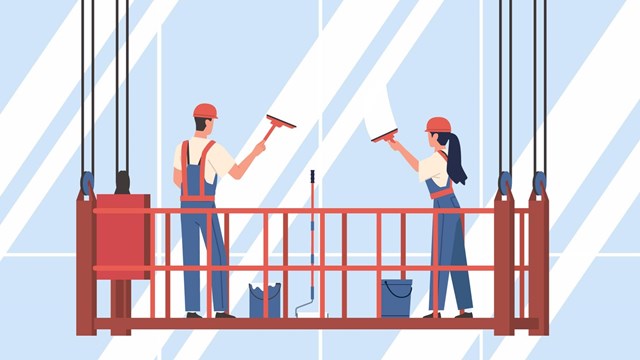
Leave a Comment